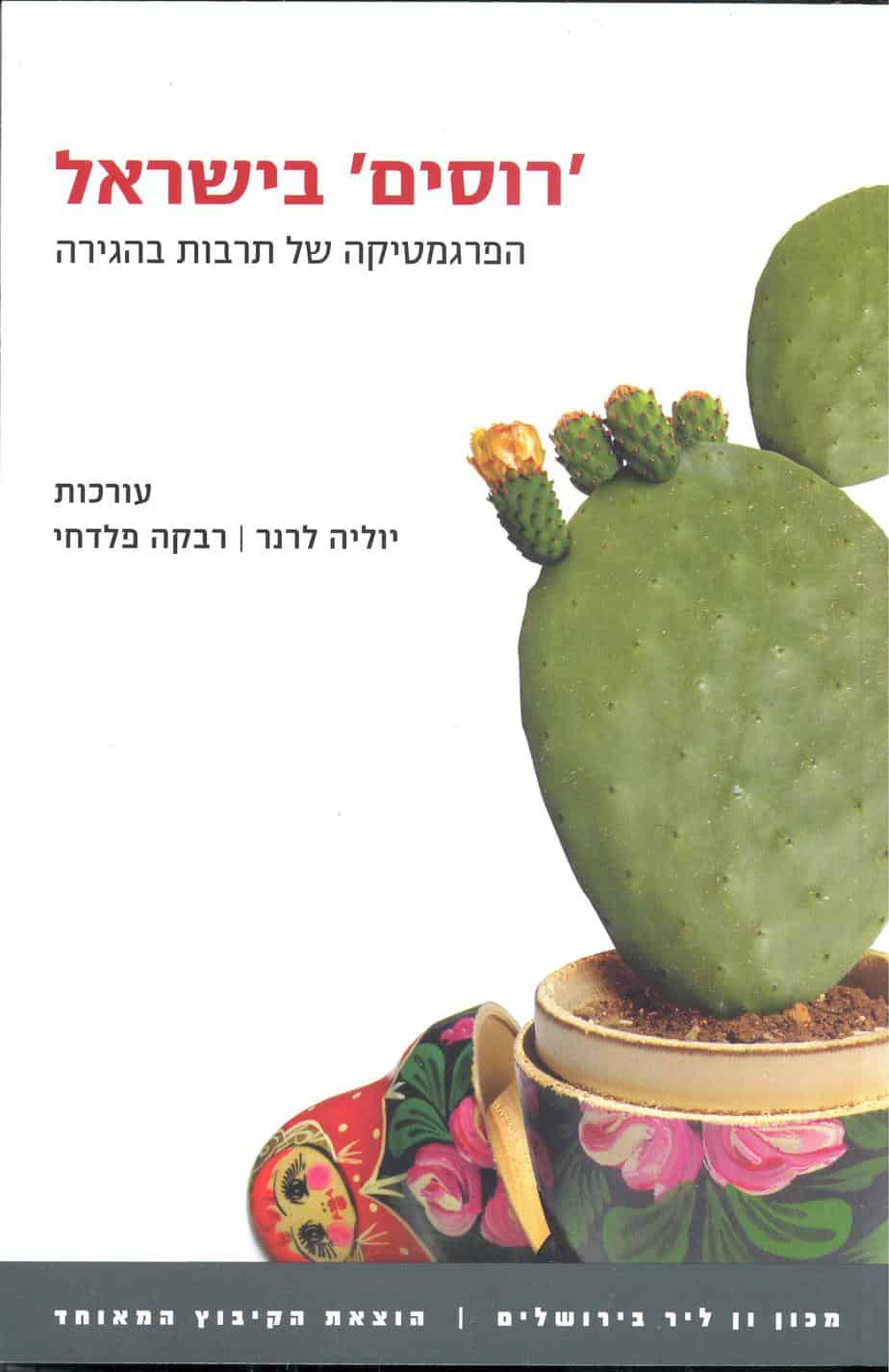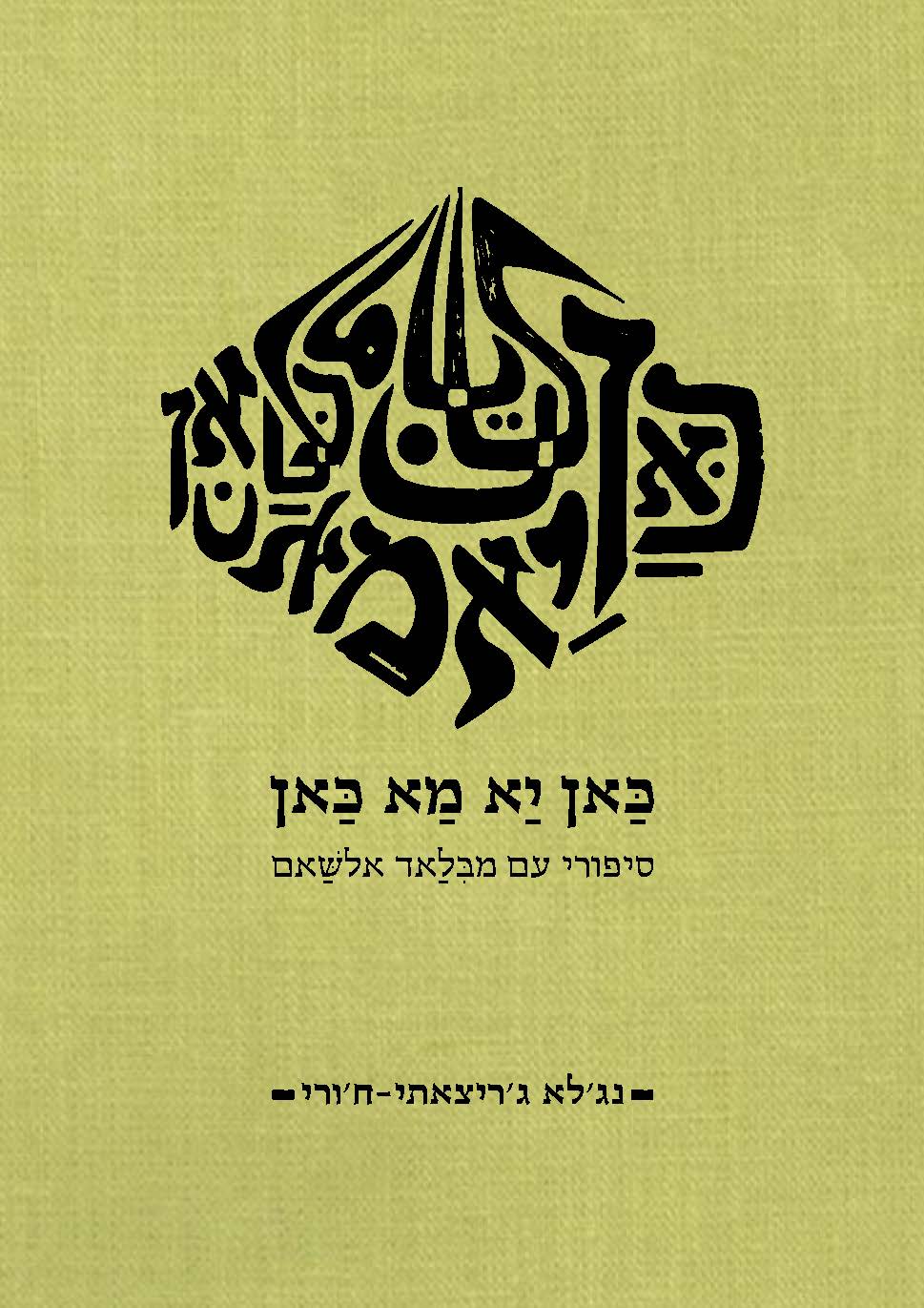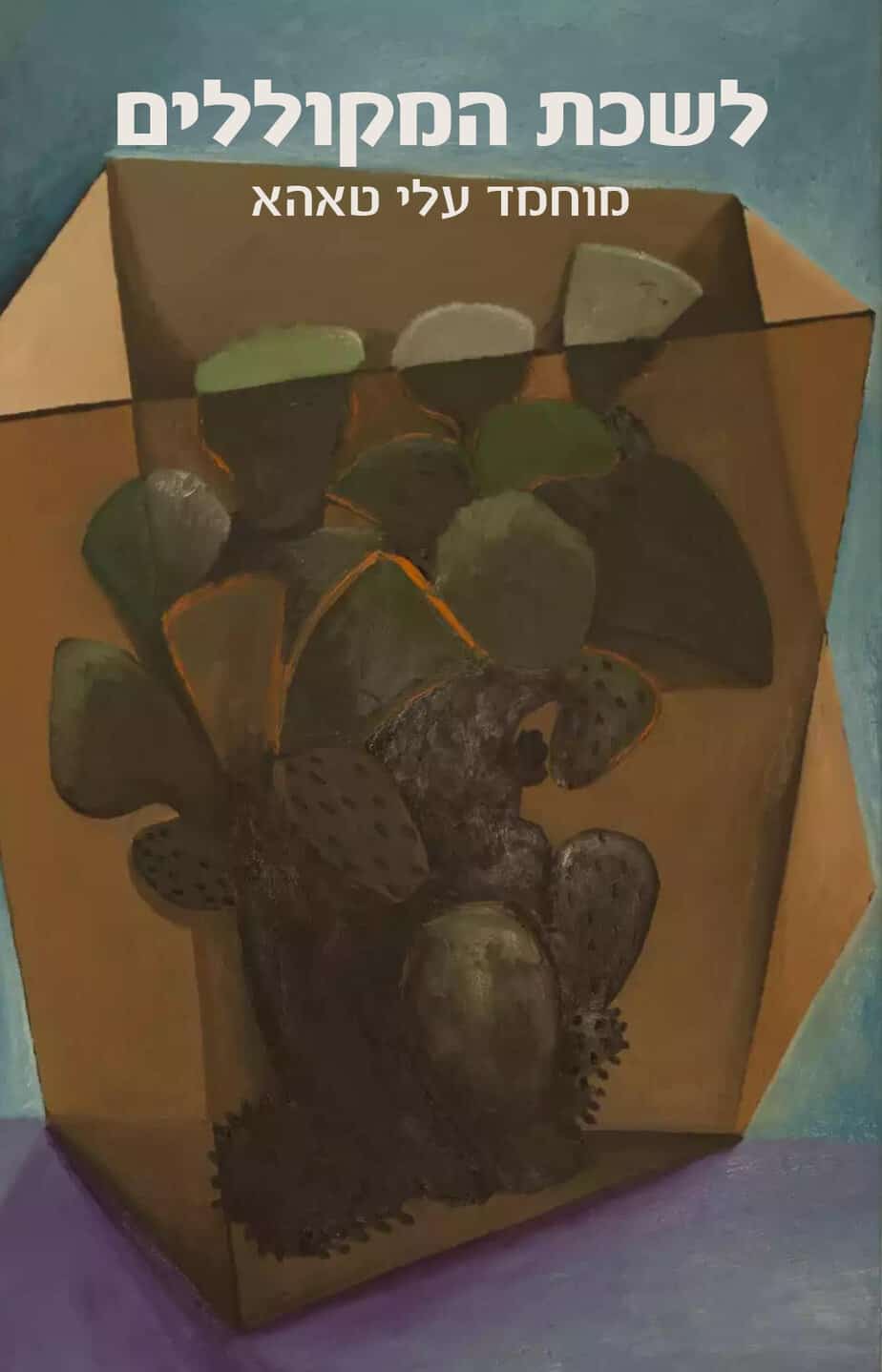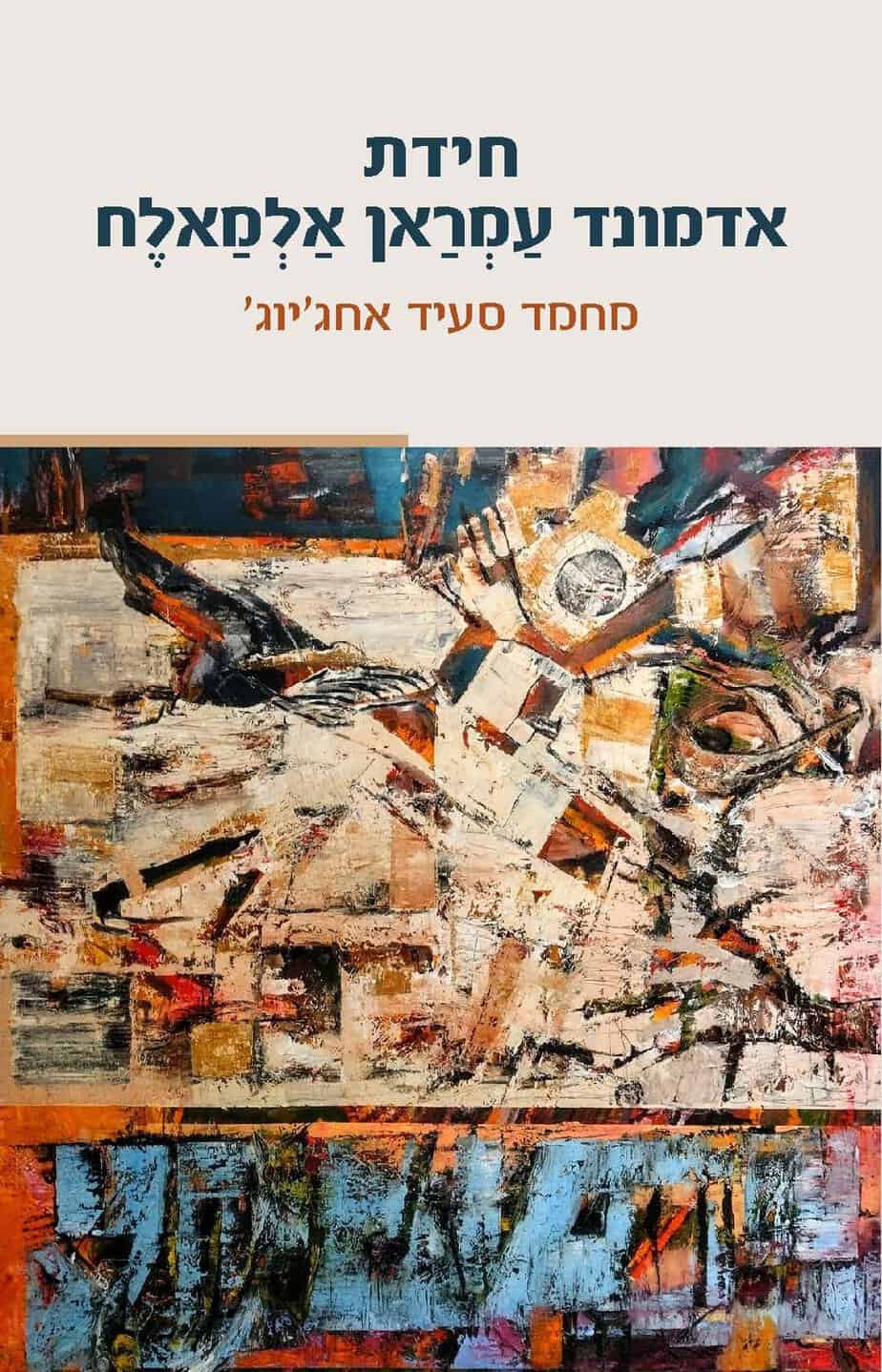Russian in Israel
The Pragmatics of Culture in Migration
| Edited by | Julia Lerne, Rivka Feldhay |
| Publisher | Van Leer Institute Press and Hakibbutz Hameuchad |
| Language | Hebrew |
| Series | Theory in Context Series |
More than twenty years have passed since a million former citizens of the Commonwealth of Independent States, the former Soviet Union, arrived in Israel. The views and manners of the “Russians,” members of the Russian-speaking collective who are sometimes perceived as living in a “Russian ghetto,” are still a mystery for many veteran Israelis. This book gives voice to the many different groups comprising the Russian-speaking collective in Israel, including the intelligentsia, the gay-lesbian community, veterans of the Second World War, young parents, students in the social sciences and the humanities, pupils in girls’ religious high schools, participants in the Na’aleh program, rock musicians, and those who shop for food in Russian specialty stores. Though they all speak Russian, their voices are different from each other, thus demonstrating the tremendous heterogeneity of Russian-speakers in Israel.
The authors and editors set out to make sense of this heterogeneity. They speak about the culture of Russian-speakers in Israel as an Israeli culture, that is, a culture created in Israel, within the Israeli experience. The test cases described reveal how the Israeli national ethos, the sets of symbols, and the politico-ideological discourses that organize the cultural space in Israel are present within the Russian-speaking collective and even shape its internal dynamic. The book demonstrates that the use of the term “Russian ghetto” and the “ghettoization” of the Russian issue do not lead to an understanding of the Russian-speaking collective in Israel. Moreover, it shows that even Israeli society can no longer be understood without the “Russian” perspectives.




